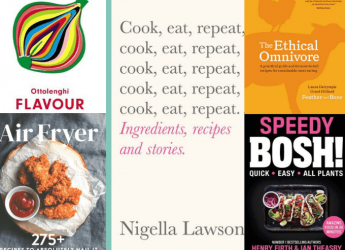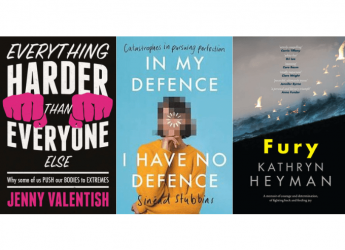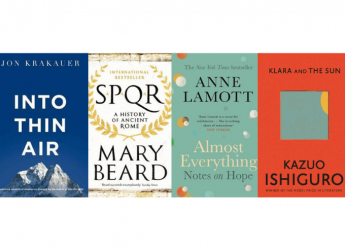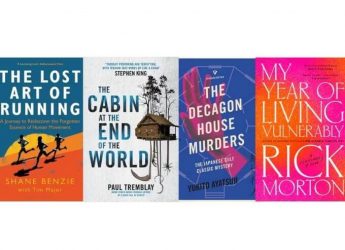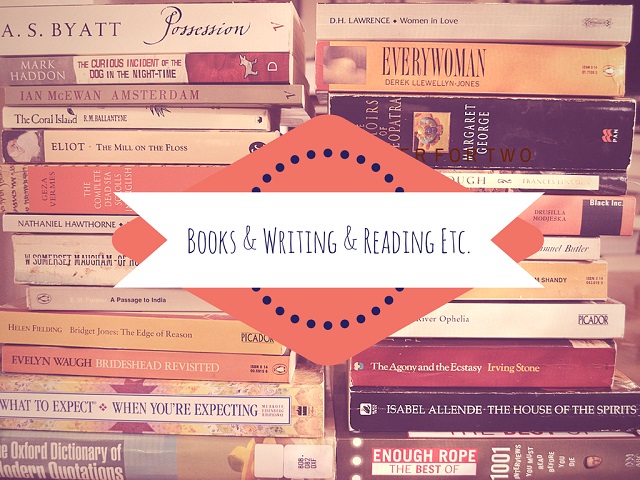
Should I Enter Competitions if I’m not a “Serious Writer” Yet?
I received the above question the other day during an email exchange with a reader and I’ve reproduced it here – with permission – because I’ve heard it on a number of occasions over the years. I hope that by formulating some semblance of a structured answer in the following paragraphs, based mostly on my own thoughts and experiences, but will also include hearsay from writer friends, will be of some help to her and anyone else wondering the same thing.
First, I want to address the parenthesised phrase ‘Serious Writer’. What does that mean? That your byline isn’t fat with publication credits yet? Or maybe it is, but not with what you would call ‘literary’ notches? Personally, I feel a serious writer is a writer who takes their work seriously. This is a mindset, yes, but I also feel it can be measured by productivity. A writer writes, and if you write enough, you will finish that piece, be it a short story, poem, essay – or novel, if you go so far. Do you know how much of an accomplishment that is? Really? The world could be papered with half-finished works. And before even that point – there are the people who tell me “I reckon I have a great book in me, I just can’t be bothered to write it.”
Okay – we’re on the same page now? The fact you want to enter competitions means that you should.
That said…
Here are some tips:
‘Fine’ isn’t Finished
Say there’s a short story competition that’s come to your attention. You have a story that would suit – it’s within the word limit, fits all criteria, like the theme (if applicable). You think it would do fine.
But ‘Fine’ isn’t ‘Finished’.
Your entry should be tight, edited, every word assessed for its rightful place (especially for poetry) and ideally way past its first draft. You should look at it and honestly be able to say to yourself, “This is my best, I can’t think of a single thing to add to make it better.”
I say this from experience. I’ve thrown away money by submitting to a competition way before the entry was ready – usually because the date of the competition was my deadline for finishing and deciding to send it in was an extra hit of dopamine. I’ve gone through phases when I’ve been in such a rush, and that’s never helped for much.
For ‘At the Park’, I wrote it and re-wrote it, turned it into a sonnet, turned it into a Petrarchan sonnet. Line by line, I nearly broke it, until I finally found its correct form and it won a prize. All from when Keira slapped my hand away at the park one day.
Look Around
I know a lot of writers who aren’t interested in competitions in the slightest. Whether it is due to an ideological distaste for pitting artistic works against each other, or they baulk at paying the sometimes hefty entry fees, or they just haven’t had much luck and are tired of the chase. I have also heard grumblings against the ‘careerists’, those who are regularly seen on the awards winners lists – this isn’t done mean-spiritedly (at least what I’ve heard), but more from weariness and resignation on the part of those less successful.
I’ll be speaking more about poetry and short stories here, but there are lots of competitions. From grass-roots initiatives, to local councils and municipalities, to writing centres regional and state, to the ‘big’ famous ones, there are different points of access, often tailored to different genres and even writing experience – Express Media and the Emerging Writers’ Festival for younger/emerging writers, for example.
Some of these are free, too. This can be a pleasant surprise.
(Not that I begrudge organisations for having entry fees – I know they can be time-consuming, and often exist by the grace of volunteer help for administration, reading, and even judging.)
Share Your Work/Take Constructive Criticism
No matter how long I stare at a piece of writing, determined to bring it to completion as a solo effort, I do find that I sometimes need to get a fresh pair of eyes to look at it. I’ve learned to be pretty selective in who I ask, and they know I only ever do so with good reason. Trust and understanding can take a while, but it’s worth it. If I ask for an opinion, they know I don’t want it sugar-coated. The truth can sting, but if it serves to help turn a piece from okay to great, then why wouldn’t I want to know what needs fixing?
Don’t be Discouraged
Rules around re-submitting entries to competitions have changed in recent years. I’ve noticed on a couple of occasions in the terms and conditions a clause stating words to the effect of “If your submission has been entered to this prize in previous years, it will be considered ineligible.”
I can understand this, I suppose. For manuscript prizes, especially, it is a good measure to ensure that the potential entrant really pays attention to getting everything as close to perfect. (Finished, not ‘fine’, remember?) It is a way to ensure the judges aren’t wading through a lot of crap and wasting time.
I don’t think it’s an across the board movement, though, and that’s a good thing. Missing out on a placing can really hurt and force you to ask tough questions about improvement or whether, in hindsight, the piece really just isn’t all that strong generally.
Once, I entered a poem into a competition and thought it was a contender. I don’t know why – because once the results came out I opened the document again and I read it cringing. Ugh.
Another time, I knew the story was ‘there’ and I fixed the major problem in the year from its non-placement to when the competition opened again. And that was the year I got the local prize for the Alan Marshall Short Story.
In summary: Yes, I think you should enter competitions! Prizes are a great confidence (and monetary) boost, but they require thought and respect. I wish you luck x
[Tweet “”I feel a serious writer is a writer who takes their work seriously” @KarenAndrewsAU”]
I hope this has been of some help/consolation! If anyone has a thought they’d like to add, please leave a comment or share if you want to help support.






